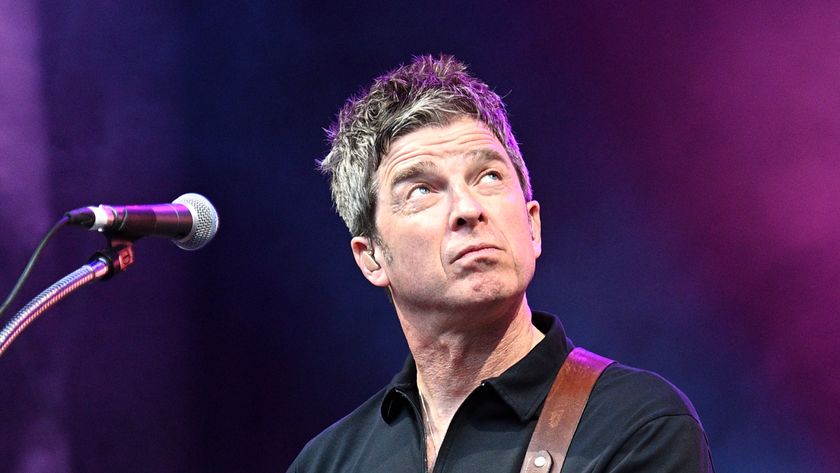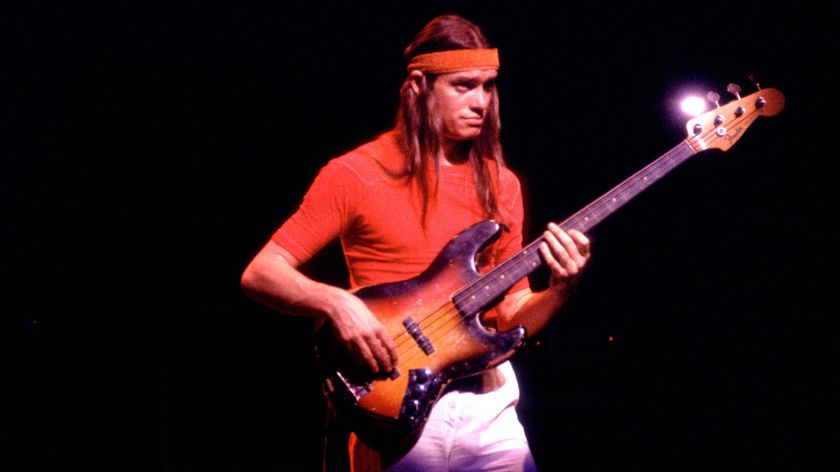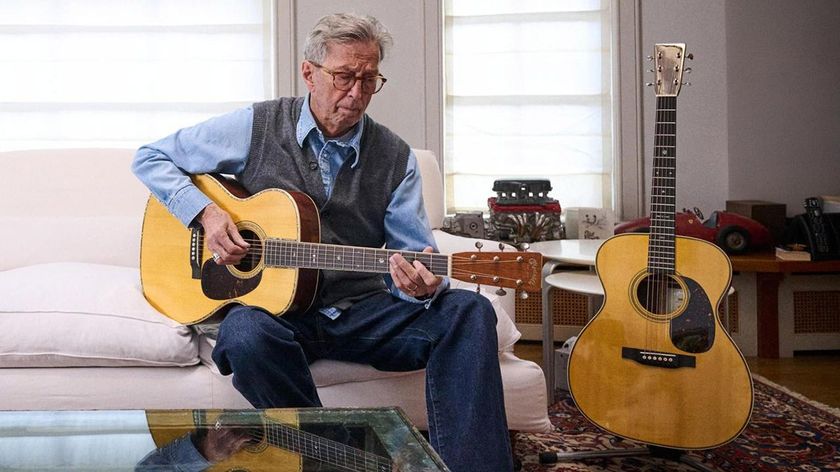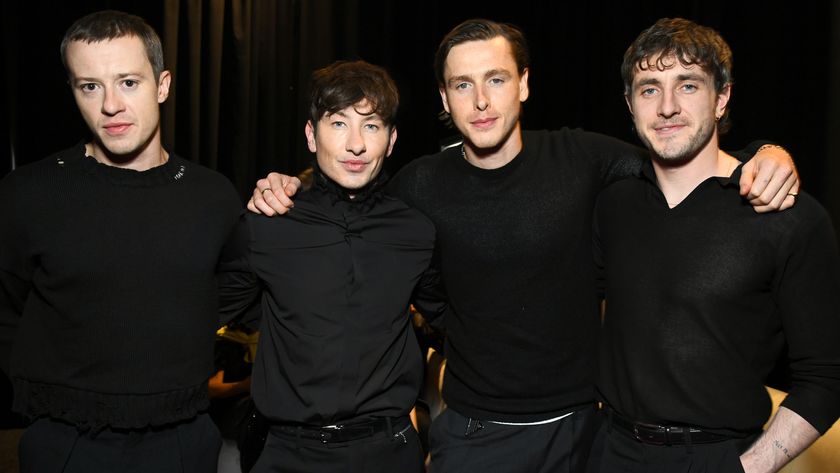Classic album: Claude VonStroke on Beware of the Bird
"All I had was a Novation controller called an X-Station, with a soundcard. And Reason 3. Nothing else. I made the entire album off that"
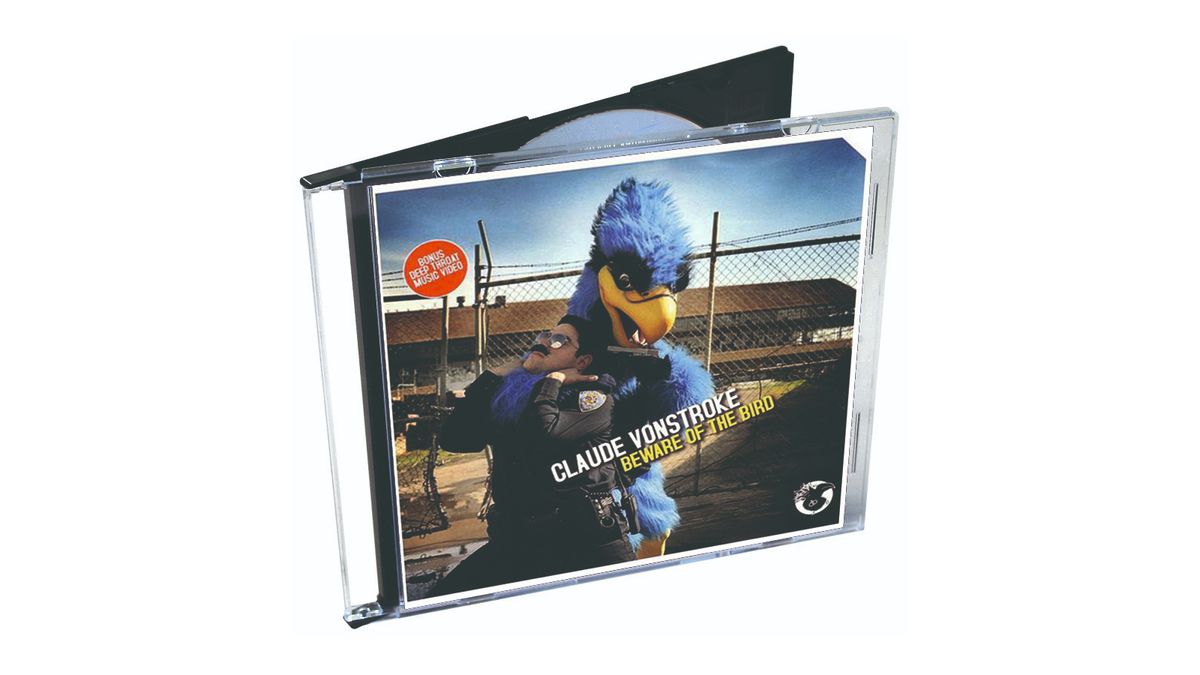
Initial reactions to Claude VonStroke and friends’ first parties and music releases on his own Dirtybird label were not, it’s fair to say, great. Their signature sound of bleeps, bloops, and bonkers bass failed to capture the imaginations of the local San Francisco dance music scene.
“We got zero respect,” says VonStroke. “Everyone is like, ‘What the fuck? This isn’t cool’. We got 10 people to our parties. But, we didn’t give up on this dream.”
While all the happening clubs on the West Coast were bumping the smooth sounds of labels like Naked Music Recordings, that lot were obsessed with Playhouse, Klang, and the bumpier, dirtier sounds of forward-thinkers like David Duriez and Derrick Carter.
“Also, I was from Detroit, so I had that side to me,” says VonStroke. “And the label was in San Francisco, and we were all jungle-heads, and had seen how that scene ended up going down to that extremely dark, tech-step thing, with rooms just full of dudes. We wanted to get the party going again.
“So, we said, ‘Let’s get jungle, Detroit, Derrick Carter, and Green Velvet all into a house label, while still sounding like friendly West Coast music, with a touch of hyphy’, which was also massive.
“That’s where my head was at as Dirtybird started. In our little collective, everyone agreed that what was out right then sucked.”
Thankfully, sticking to their guns paid off. Tastemakers like Richie Hawtin began caning VonStroke’s B-side, Who’s Afraid Of Detroit? And eyes were turning to the plucky little label.
Get the MusicRadar Newsletter
Want all the hottest music and gear news, reviews, deals, features and more, direct to your inbox? Sign up here.
“Then it was a case of compiling all the tracks I had that worked in clubs,” says VonStroke. “They all ended up going on my debut. That’s why the album went on to be so successful – I got to test everything out there, live, and tweak it so everything worked. It was just a super happy time, but it took time. And I was just kind of breaking out, with something completely different and new.”
“You’ll laugh because the studio was basically a bedroom that became a baby bedroom, seven months later. It was in a very small flat on Haight Street in San Francisco.
“All I had was a Novation controller called an X-Station, with a soundcard. And Reason 3. Nothing else. I made the entire album off that.
“I didn’t know anything. Which was awesome. I just would make it sound as good as I could make it sound. But, I didn’t even know how to sidechain, or anything about modern production techniques. I would just get it to sound good in that room.
“I used to run things into Reason really hard, and that worked for me. It was like a brickwall limiter without me even knowing that that was what it was, because I think they had coded it in to not go over zero. I was really just a bedroom producer.”
Track-by-track: Beware of the Bird
Warming Up The Bass Machines
“I had a Sherman Filterbank for like, three days. And I just ran bass sounds through it for this track [laughs]. And I think Marc Houle stopped by my studio, as well, when I was doing this, and turned some of the knobs.
“I actually think I made the core of that track when I was still living in Detroit, and I just kept it on my hard drive. I thought it was so weird, so wanted to use it.
“And then I put in the voice, almost like, ‘Hello, are we starting up the equipment now?’ I was trying to make this thing like we’re starting up the equipment, but the equipment is all bass [laughs]. That was the point of that track, at least.”
Deep Throat
“And then Deep Throat comes out. And, honestly, nothing changed. We just thought it was cool. That’s the first track of mine that I released on Dirtybird. It’s like Dirtybird db003. And that took a long time to circulate.
“It went through Neuton, which is a defunct German distributor. They were the only distributor that would take Dirtybird having heard the demos. Everyone else was like, ‘No way’. The US ones turned me down.
“Neuton thought we were weird and funny. So, our vinyl distribution went through Germany. Which ended up being a really cool thing for us. Because, in San Francisco, if your music came back from a weird German distributor, it was automatically cooler.”
Chimps
“This was definitely, like, this idea that we were going to be different, and have this whole other sound – that caveman sound.
“I actually had signed this track to Get Physical Music, and I was so excited. And then it was on their compilation [Full Body Workout Vol. 02], and it was like, buried, but it was killing it in San Francisco. So, I just asked them, ‘Hey, can I put this on my album? And then can I have it back?’ Cuz then I sold like, 4,000 vinyls of it as well. So, they kind of just said, ‘Fine. We don’t care. It’s just a compilation track’. But, for me, it was a big track, especially on the West Coast.
“It’s not the kind of track that would get played in Europe, but it was definitely a big track in California. It’s just a silly, big, bass-y thing. And there’s a limit to what Europe can handle on the silly chart [laughs]. I think this crossed over the line.”
Beware Of The Bird
“This was very much influenced by what was happening at that time, which was like DJ T and M.A.N.D.Y. That sound. Electro/house. And remember 20:20 Vision? Ralph Lawson’s label – that. I was just trying to make something in that genre.
“I didn’t use a lot of soft synths. I liked to sample synths. I used tons of stock sounds out of Reason. It didn’t matter. Which is crazy because now I have all the equipment in the world.
“This is kind of a secret, hidden track. I rarely play it, but it’s cool. As opposed to other tracks I think back to and go, ‘meeeh?’ But that’s not one of them.”
The Whistler
“This one is another case where I had this single that started doing amazing things. And I just kind of lumped it into the album.
“But, you have to remember that The Whistler and Who’s Afraid of Detroit? were on the one record. I knew Who’s Afraid of Detroit? was good. But, what happened with that record was very telling of what happened with a lot of my records, going forward.
“Which is, that quite often, I come out with, like, a smoking A-side that makes everyone happy. And then the B-side is this really sneaky, deep cut, that is the one everyone ends up liking better.
“So, The Whistler went onto BBC Radio 1. And it was getting spins on the UK airwaves, and it was on, like, a UK T-Mobile commercial, too! So it was this big track.”
Who's Afraid of Detroit?
“...And then Who’s Afraid of Detroit?’ took a full year for people to even realise that it’s on the backside of that record! But, it ends up being 10 times bigger than The Whistler.
“Back then, records could percolate for a year to get known. But, this one did get there.
“After that Damian Lazarus booked me for Get Lost, which was in this dirty ass room in Shoreditch, before Shoreditch was nice at all. And I ended up going over there and then played in like, weird spots. And I was just like, I’ll play to anyone who listened to me at that point. I was like, really, really green. But, I was getting known.”
Eastern Market
“I still really like this track. I was still working at a post production house and I made this for a thing called Rez Fest, which was a digital filmmaking festival. I became their sound designer for all their interstitials and bumpers and opening things, because they would come into the post production house where I worked to try and get a deal on everything, because they had no money.
"They had this company out of Kansas City that made this animation for the opening of Rez Fest, and I made this song to sync with that animation. So, if you go back and look at Rez Fest 2005, or something, this is the song. But, it sounds so cool anyway, that I just put it on the album.”
Cicada (Claude VonStroke 17 Year Mix)
“This is a remix of Justin Martin’s track. I just thought that it was doing something that nobody else was doing. And it took a few chances.
“It was kind of like this Nirvana-type idea where I’m gonna go hard and then soft, and hard and soft. Nobody was really doing that – and I don’t actually know if it works [laughs]. But, it did at that point.
“It was made back when I was doing remixes; and it would end up so far away from their original. I would put in the same amount of effort as any of my original tracks, so I put it on the album.”
Seven Deadly Strokes
“This is one of those ones that I’m like, ‘meeeh?’ [laughs]. I liked the idea of it. But, the sound, the sound selection, I maybe would change, if I was gonna go back to this one.
“This one I actually signed to the German distributor, Neuton, who actually had a label [Neutonmusic]. And there was another case where I was like, ‘Guys, can I just put this on the album?’ And they’re like, ‘Sure’.
“They released this on its own as a vinyl. And if someone out there wants to really go dig, that wouldn’t be too hard to find.”
Bullshit (VonStroke Birdshit Remix)
“This is another of the remixes on the album. This was a track by French DJ and producer, Frankie, and another case of where I really went in and redid a track.
“I was obsessed with Frankie, who’s from Paris. I’m still obsessed with him, to the point where on my last album, I had a track dedicated to him [‘Frankie Goes to Bollywood’].
“He is probably the best producer that not many people have heard of, in my opinion. He’s got a very unique style of highly swung beats with like blips, and it’s just fascinating. So, that was why that’s on there.”
The Southern Draw (Southern Fried Mix)
“And this is the last of the remixes I put on the album. This one is Justin Martin and Sammy.
“I mean, if I had to go back, I would have obviously not put this many remixes on here. It’s so weird that there are so many remixes. But, uh, yeah, this is another case where the remix is like, pretty far away from the original, so it felt like it would make sense as a track on my album.
“The original was actually the first release on Dirtybird. It’s db001. And I love the original – it’s so odd. It’s one of the oddest tracks, even still today, if you let go and listen to it.
“It’s the whole reason why people make jokes about Dirtybird being just a bunch of fart noises, because there actually are fart noises in there!”
Lullaby (Live)
“This is a live track from 1999. I had friends in Detroit who did these raves called Poorboy, and I played there.
“I was really struggling and trying to do a live drum & bass show in Detroit raves, when no one cared about jungle in Detroit, at all. I was in this side, side, side, side room, setting up for three hours to tearing down for three hours. No one cared. That was from that era.
“And it’s just kind of a homage to me struggling, and trying to break through. So, the recording is quite old. But, then I had Qzen talk over the top in French [laughs]. And I just wanted something on there to remind me about the struggle.”
Keep up with the latest releases from Claude VonStroke and Dirtybird on his website.


Future Music is the number one magazine for today's producers. Packed with technique and technology we'll help you make great new music. All-access artist interviews, in-depth gear reviews, essential production tutorials and much more. Every marvellous monthly edition features reliable reviews of the latest and greatest hardware and software technology and techniques, unparalleled advice, in-depth interviews, sensational free samples and so much more to improve the experience and outcome of your music-making.

"Reggae is more freeform than the blues. But more important, reggae is for everyone": Bob Marley and the Wailers' Catch a Fire, track-by-track

“Part of a beautiful American tradition”: A music theory expert explains the country roots of Beyoncé’s Texas Hold ‘Em, and why it also owes a debt to the blues
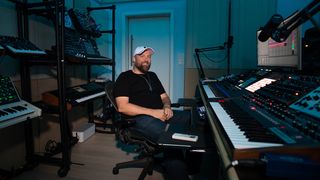
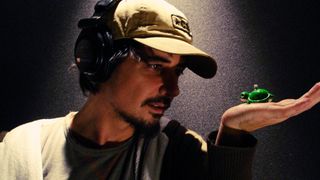

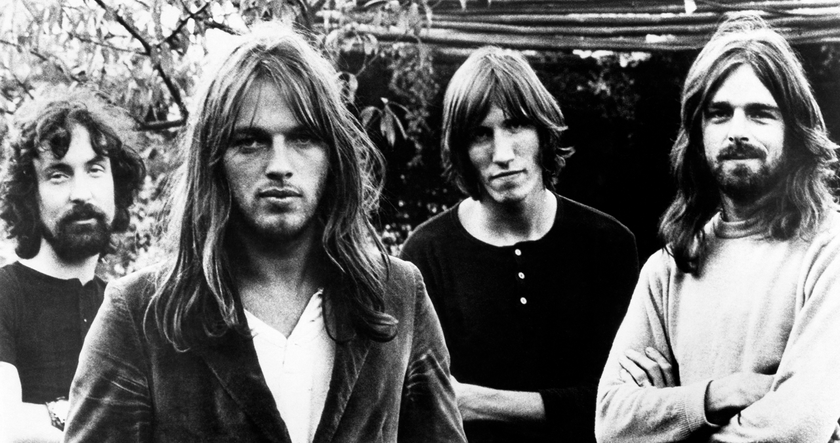


![Chris Hayes [left] wears a purple checked shirt and plays his 1957 Stratocaster in the studio; Michael J. Fox tears it up onstage as Marty McFly in the 1985 blockbuster Back To The Future.](https://cdn.mos.cms.futurecdn.net/nWZUSbFAwA6EqQdruLmXXh-840-80.jpg)
